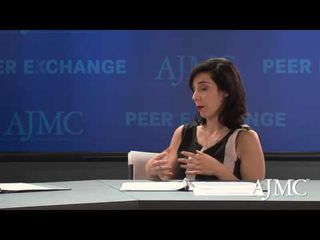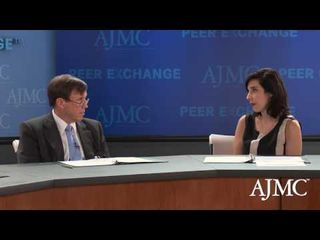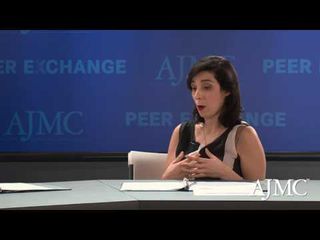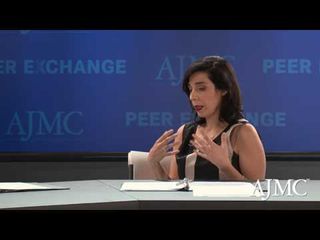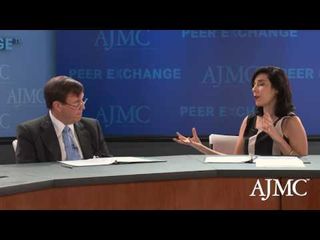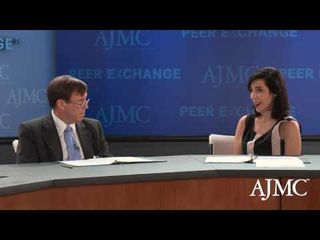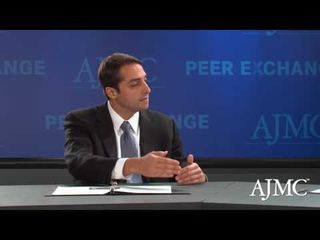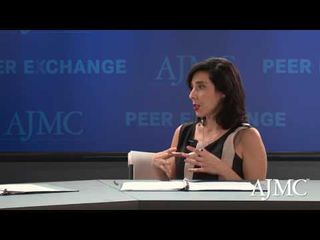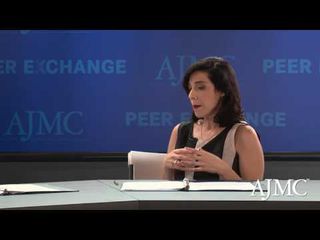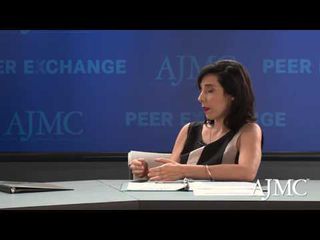
Health Care Cost
Latest News

Latest Videos

CME Content
More News

The CDC recommends pregnant women receive RSV vaccinations; 6 states expand their Medicaid programs to offer dental coverage; a new bill aims to address issues in the US organ transplant system

Matthew Crowley, MD, MHS, associate professor of medicine, Duke University School of Medicine, discusses telehealth initiatives at Duke Health, as well as overcoming virtual challenges and barriers that underserved and underinsured patient populations who need diabetes care face.

At the Greater Philadelphia Business Coalition on Health 2023 Wellness Summit, Seun Ross, PhD, explains the business case for achieving health equity.

Drugmakers turn to artificial intelligence (AI); new reports of vaccine appointment cancellations or insurance issues; Biden plans to clear Americans’ credit scores of medical debt.

A survey of gastroenterologists, dermatologists, and rheumatologists found Amjevita had the most recognition, followed by Cyltezo, the only interchangeable biosimilar on the US market.

Public health professionals are the backbone of our health system, and their contributions are vital to the well-being of our communities. As a society, we must value their work, provide the support they need, and ensure that public health remains a rewarding and viable career choice.
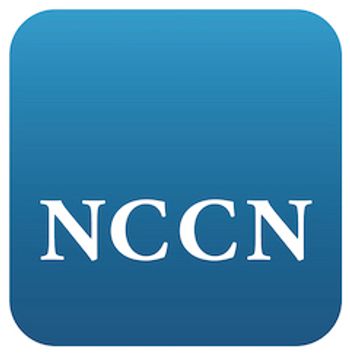
"CMS cannot do this alone. We have to do this in partnership. So really thinking about providers and beneficiaries and how we do this together," Ellen Lukens, MPH, Center for Medicare and Medicaid Innovation, explained.

A new study aimed to summarize publicly available coverage policies of commercial health insurers for digital medicine services.

Laurie Sobel, the associate director for women’s health policy at KFF, moderated a panel discussion with Christine Gilroy, MD, MPH; Victoria Nichols, MPH; and Don Downing, RPh, about insurance coverage of FDA-approved Opill and other OTC contraceptives.

We are in the midst of a transformative time in oncology that could also be a little scary if you are not prepared, said Nicolas Ferreyros, managing director of policy, advocacy, and communications, Community Oncology Alliance.

Ryan Haumschild, PharmD, MS, MBA, director of pharmacy at Emory Winship Cancer Institute, shares his unique perspectives as both a provider and payer on the use of prior authorizations (PAs) and "Gold Cards" in patients with rare diseases.

In this interview from our Institute for Value-Based Medicine® event, held in partnership with the Zangmeister Cancer Center of Columbus, Ohio, on September 14, Kristine Slam, MD, FACP, Central Ohio Surgical Associates, discusses the benefits of value-based care in the breast cancer space.

At the Greater Philadelphia Business Coalition on Health 2023 Wellness Summit, Vikki Walton, MBA, addresses the role employers have in health equity.

Artificial intelligence (AI) tools offer potential solutions to the growing demand in mental health; patients face weight loss drug shortages and insurance complications; updated mask guidelines cause worry among health care workers.
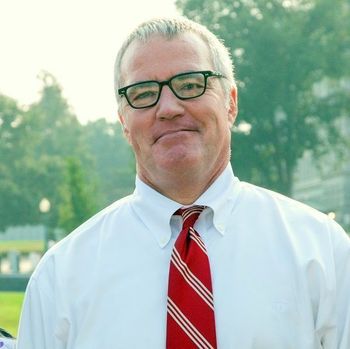
Medicare’s administered pricing system has never had to deal with labor scarcity before.

"Even though awareness was increasing, it wasn't translating into action," Taylor-Desir explains. "We know from our experience as physicians, that physical health and mental health are tied."

While regional variations were identified in rates of breast reconstruction, complications, and cost for patients with breast cancer, these differences did not seem to be associated with any implicit bias.

A report from the Association for Accessible Medicines (AAM) highlighted the value of biosimilars and generics, revealing that lower-cost versions of originator products accumulated $408 billion for the US health care system in 2022.

Lisa Rometty, CEO at Zerigo Health, discusses digital health innovations, strategies, and partnerships to improve the lives of patients living with chronic skin conditions.

A recent CDC study revealed that reports of mistreatment and discrimination during maternity care were high among Black, Hispanic, and multiracial respondents.

Ryan Haumschild, PharmD, MS, MBA, director of pharmacy at Emory Winship Cancer Institute, discusses treatment options available to patients with rare diseases, as well as the challenges these patients and their pharmacists face in accessing these treatments.

Insomnia, along with other sleep disorders, were found to negatively impact workplace productivity.
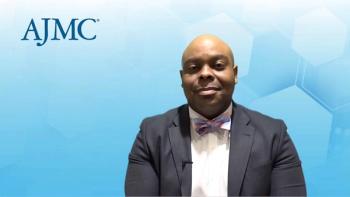
Specialty pharmacy is a big area of growth, with opportunity for patients, and specialty pharmacists can help payers and insurers ensure that patients get the full value of oncology medications, noted Andre Harvin, PharmD, MS, MBA, chief pharmacy officer, Oncology Services, Cone Health Cancer Centers.
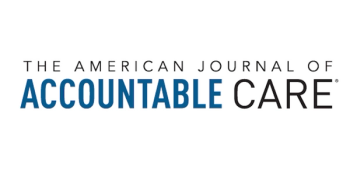
The authors’ multidisciplinary care management program shows promise, as the reduction in per-patient per-month spending was $116. However, these financial benefits took time to materialize.

Drug spending for products facing generic or biosimilar competition decreased during the same time period.




